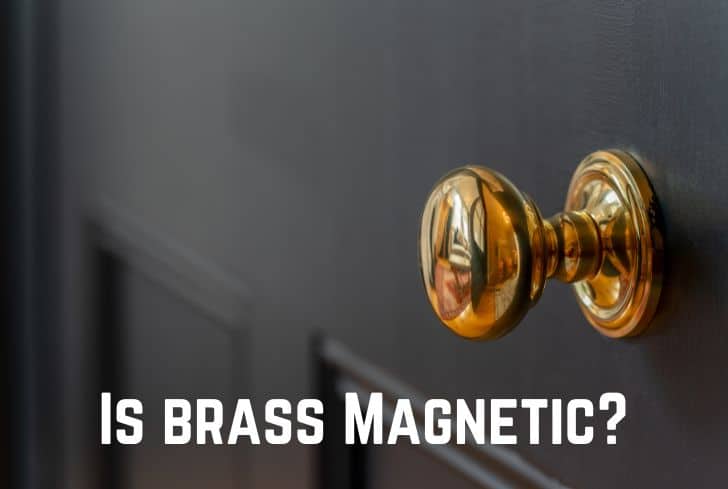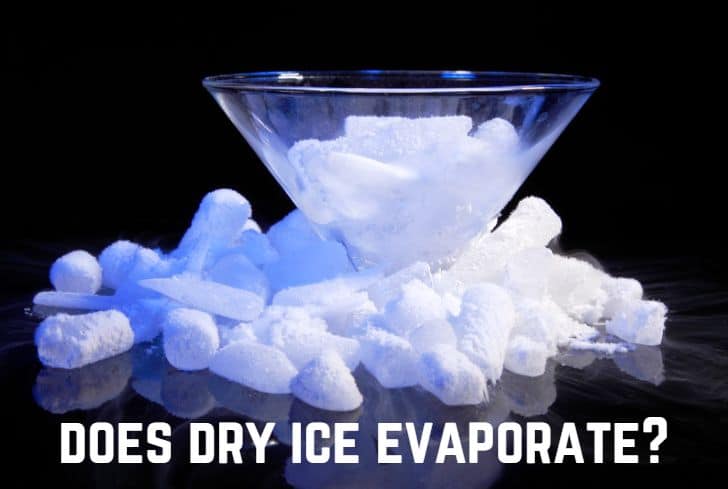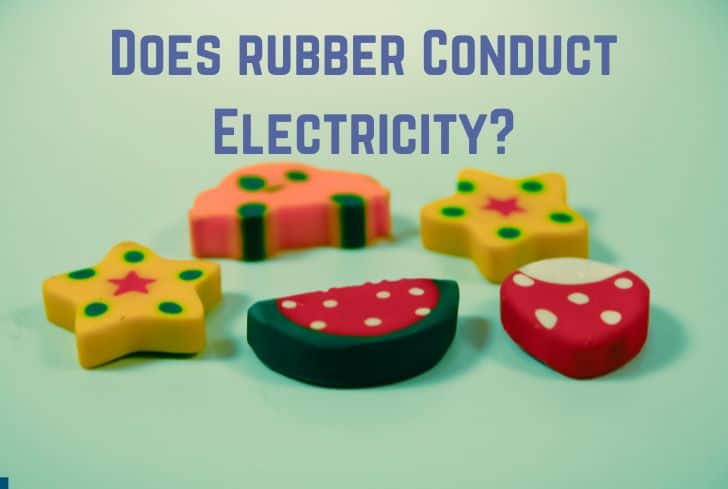Does Concrete Conduct Electricity? (And Is It an Insulator?)
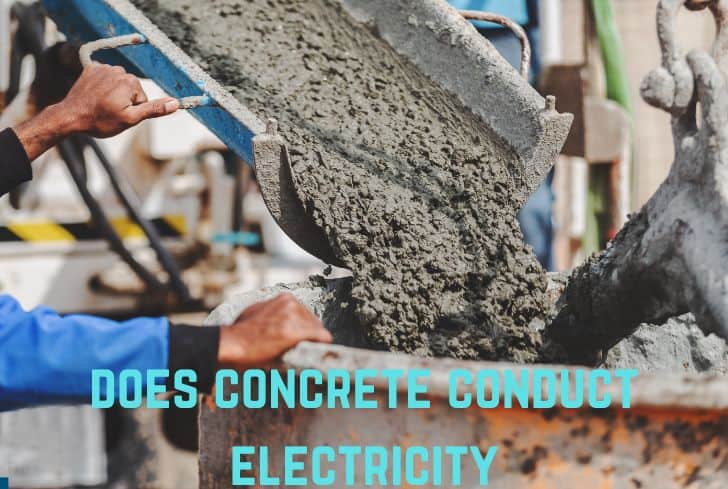
Concrete is a construction material comprising many components. These elements can make you question concrete’s capacity to carry out various functions. Conducting electricity is one of them. Does concrete conduct electricity?
Knowing this would be helpful because concrete seems to be everywhere around us. We’ll discuss whether concrete conducts electricity, what causes the material to conduct electricity, and the factors affecting concrete’s conductivity. Do you ever wonder if you can get shocked through concrete? We answer that too. Eventually, we will tell you the properties of concrete.
Does Concrete Conduct Electricity?
Concrete conducts electricity, but it is a poor one at that. Electrical current flows very slowly through dry concrete. Because of this, few people think concrete can conduct electricity. More often than not, dry concrete has a high electrical resistance. It causes the electrical passage to slow down. However, moist concrete can conduct electricity because it has water molecules.
Free ions can freely move through the water. Because of this, concrete effectively conducts electricity when it is wet. Concrete receives water from the cement mixture or absorbs water after rainfall. Concrete performs better at conducting electrical current than materials like glass.
Measuring electrical resistivity is a more accurate way of determining whether concrete conducts electricity or not. You can determine concrete’s electrical resistivity by seeing its resistance to an electric current passing through it. Because concrete has capacitive properties, it can restrict an electrical charge.
Alternating current (AC) is one of the most reliable methods for determining the electrical resistivity of concrete. The ions in concrete align to allow the current to flow in a single direction when AC flows through it. You can measure the resistivity of concrete in this way.
You can measure electrical resistivity using two methods:
Is Concrete a Conductor or Insulator?
Electricity can flow through concrete because it is an electrical conductor. The main components of concrete cement, sand, and aggregate are not good electrical conductors. Keeping the concrete dry makes it much harder for the electrical current to pass through. Because of this characteristic, concrete appears to be more of an electrical insulator than a conductor.
However, it is a fact that concrete is an electrical conductor. The materials you add to concrete make it possible to conduct electrical currents. For instance, since water is a good electrical conductor, wetting concrete reduces its resistance. Water has free-flowing electrons, which are the ones that carry the current. Despite the other components’ resistance to the electrical current, water manages to allow it to flow.
However, the materials used in concrete will affect its conductivity and resistance. The resistance of various components varies, resulting in a variation in the overall resistance of the finished concrete. However, dry concrete is typically regarded as a bad conductor of electricity. Dry concrete offers the highest resistance to electrical current by hindering the free flow of electrons.
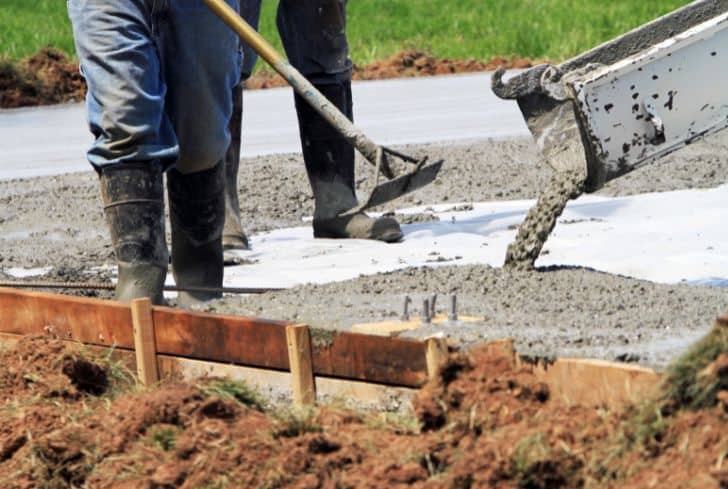
What Makes Something Conduct Electricity?
When a material allows the passage of an electric current in any direction, it is said to conduct electricity. Due to the free-flowing electrons, good electrical conductors have relatively little resistance to the flow of electricity. Electrons are tightly packed in poor conductors and, in most instances, immobile. As a result, electrical current finds it challenging to pass through.
Free electrons and atoms that are loose and spaced apart are characteristics of an excellent conductor, such as copper or gold. The materials contain so many free electrons that some of them are shared by several atoms. Electricity swiftly and efficiently passes through the materials with no resistance.
Why Does Concrete Conduct Electricity?
Due to chemical components with free ions, concrete can transmit electricity. The resistance provided by the concrete surface determines how easily these free ions can flow. Concrete conducts electricity depending on its resistance levels. Higher conductivity levels are associated with lower resistance levels.
You would think that the ions of calcium, sulfur, aluminum, and silicon would increase the electrical conductivity of concrete. However, these ions are poor electrical conductors. Other factors help concrete become a better conductor, water, for instance. It increases concrete’s capacity to conduct electrical current with its free ions.
Dry concrete becomes a better conductor when you add water.
Factors Affecting The Conductivity Of Concrete
On its own, concrete does not have a high level of conductivity. And the reason is that several factors affect its conductivity. Let us look at a few of them:
Size
The size of a concrete wall will determine its conductivity. An 8″ wall will offer more resistance than a 4″ wall. When concrete is thick, it will conduct electricity better than when it is thin. A shorter concrete slab will conduct electricity better than a more extended slab.
Water
Water is a good conductor of electricity. Consequently, the amount of water in concrete determines how electrically conductible concrete is. Water’s free ions combine with the other free ions in concrete to increase conductivity. Concrete rapidly absorbs water, and it will transmit electricity as long as it has water.
The results of the studies show that wet concrete has an electrical resistance of 5-10 Ω·mm. Dry concrete has a resistivity of roughly 10-12 Ω·mm. Concrete slabs constructed on wet soil or in an environment where it has been raining will conduct electricity better than concrete that has not.
Rebar
All types of structures feature some rebar since it gives them additional strength. Concrete will transmit electricity easily when reinforced with steel rebar in particular. Concrete leverages the fact that steel is an electrical conductor to increase conductivity.
Temperature
Concrete’s conductivity is affected by its current temperature level. Concrete’s conductivity increases when its electrons can move freely. Increases and decreases in temperature levels influence electron flow in concrete. High temperatures enhance electron movement in concrete.
When temperatures increase, the resistance level decreases while the conductivity rate increases. The electrical conductivity of concrete is frequently measured using the two-point uniaxial setup method.
Can You Get Shocked Through Concrete?
Despite being a poor conductor of electricity, concrete can transmit some electrical current. When you’re close to wet concrete, you should be cautious of any open-ended cables or exposed electrical current nearby to prevent electrocution. You will probably be shocked if the voltage is high enough, the concrete is moist, or the humid air.
Following local standards and manufacturer guidelines for earthing electrical equipment within buildings is therefore strongly advised. Installing grading ring conductors around and apart from the concrete slab’s edge is advisable—the ring guards against electrocution caused by improper electrical wiring for anyone in touch with the concrete slab.
These concrete slabs’ inside should be modeled as though they had the same electrical resistance as the soil around them.
Properties of Concrete
Concrete combines cement, crushed rock, water, and sand. It is mainly used to construct roads, buildings, and bridges. Concrete has significant properties that make it the most preferred material for construction work. Let us look at five of its best properties:
1. Highly durable
Concrete is mixed with highly durable materials. It is not easily affected by environmental influences such as pollution, rain, frost, e.t.c. Concrete is well suited to structures that need to withstand extreme and demanding conditions.
The durability of concrete is the property that prevents it from decay and disintegration.
2. Mechanical strength
Concrete is mainly known due to its mechanical strength and comprehensive strength. That means the chance of failure of the concrete must be below 5%. Normal concrete strength lies in the range of 25 and 40 MPa( MPa- expresses the overall strength of concrete.
The minimum strength of concrete should follow 28 days, in the initial phases of construction.
3. Shrinkage strength
Concrete’s ability to resist cracking while contracting due to moisture loss is known as its shrinkage strength. Concrete drying-related structural and cracking movement is minimized.
The amount of shrinkage will vary according to the material composition, mixing ratios, curing procedure, drying environment, and resistance. Concrete shrinkage is influenced directly or indirectly by the amount of water used during mixing.
4. Elasticity strength
The ratio of the applied stress to the corresponding strain is used to define elasticity strength. It displays concrete’s capacity to resist deformation by applied stress and stiffness. The concrete’s aggregate and mixture proportions have the most significant influence on it.
5. Tensile strength
Concrete’s tensile strength refers to its capacity to bear pull force (also known as tensile stress) without breaking. Your concrete structure will begin to crack if tensile forces are applied more than its tensile strength. The tensile strength of concrete is measured in force units per cross-sectional area.
Concrete typically has a tensile strength between 10% and 12% of its comprehensive strength.
Frequently Asked Questions
Does lightning travel through concrete?
Lightning will pass through metal bars or wires on concrete walls or floors. Because of this, it’s best to avoid being near water or plumbing when you’re inside during a lightning threat.
Conclusion
You’ll need to keep in mind that concrete can conduct electricity. When near wet concrete, exercise extreme caution because it might not protect you from live electricity. The good news is that concrete is a poor conductor of electricity when it is dry. We have provided you with advice on what to do if you decide that you would like to boost the conductivity of electricity in concrete.



